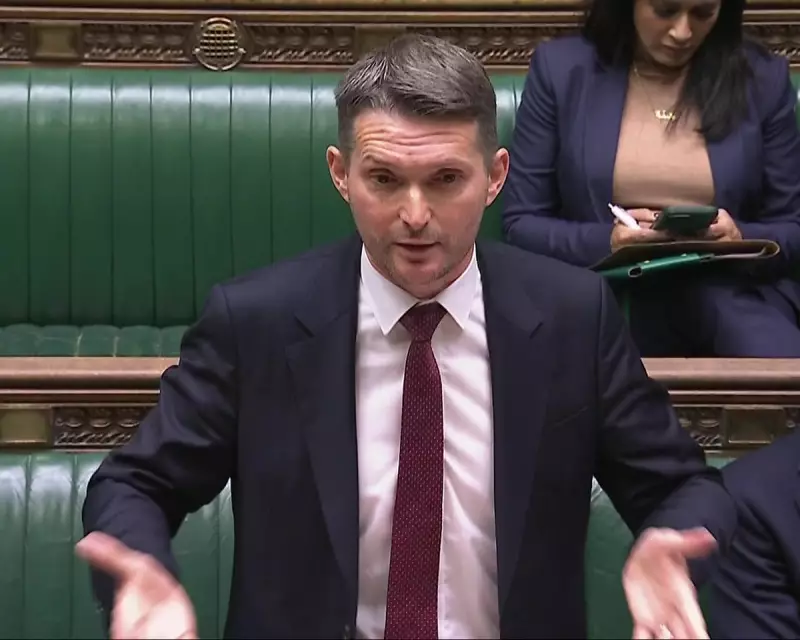
The corridors of Westminster are buzzing with more than just the usual political gossip as a deepening row over an alleged Chinese spy case exposes a troubling tendency among MPs: the preference for elaborate conspiracy over simple cock-up.
The Whitehall Whodunnit
At the heart of the controversy lies a fundamental question about political psychology: when things go wrong in government, do we assume malicious design or mere incompetence? According to parliamentary observers, the current climate heavily favours the former.
The specific case involves allegations about a parliamentary researcher with alleged links to China, but the response has revealed broader patterns in political thinking. "We're seeing a shift where complex conspiracy narratives gain more traction than straightforward explanations of administrative failure," noted one senior parliamentary source.
Security Concerns or Political Point-Scoring?
The debate has exposed sharp divisions within Westminster:
- Some MPs are pushing for tougher measures under the Foreign Influence Registration Scheme
- Others accuse colleagues of exploiting security fears for political advantage
- The government faces criticism over its handling of foreign interference threats
- Opposition parties question whether the response is proportionate to the actual risk
One Conservative MP privately admitted: "There's an electoral incentive to appear tough on China, even if the reality is more nuanced than the rhetoric suggests."
The Psychology of Political Blame
Political analysts suggest this preference for conspiracy over cock-up reflects several factors:
- Media dynamics: Complex plots make better headlines than bureaucratic failure
- Public perception: Voters often find deliberate malice more believable than incompetence
- Political convenience: Conspiracies provide clear villains while cock-ups implicate systemic failure
- Security climate: Growing concerns about foreign interference make conspiracy narratives more plausible
As one Whitehall insider remarked: "It's always more satisfying to blame a cunning foreign plot than to admit our own systems might be inadequate."
Broader Implications for UK Politics
This tendency toward conspiracy thinking has significant implications for how Britain addresses genuine security threats while maintaining sensible policymaking. The challenge lies in distinguishing legitimate concerns from political theatre.
The ongoing saga serves as a case study in how modern politics increasingly favours dramatic narratives over dull reality - with potentially serious consequences for both national security and political discourse.





